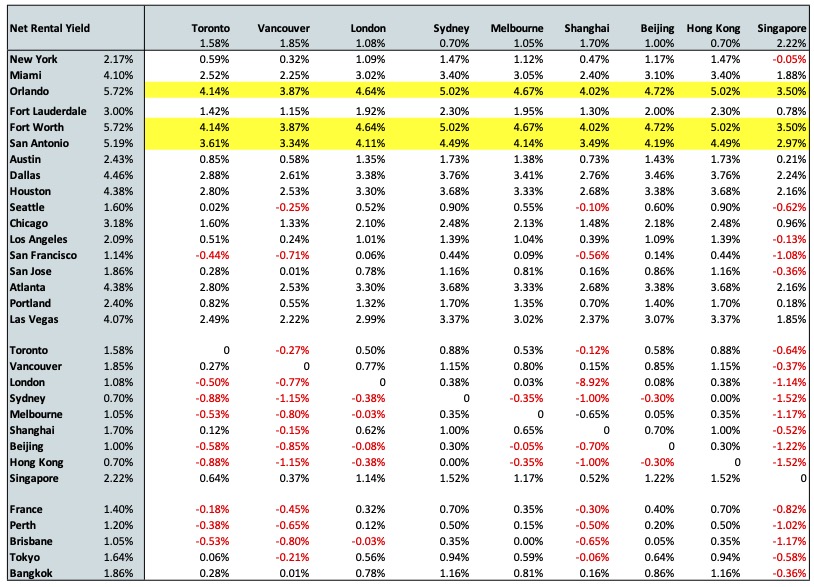SINGAPORE, August 18, 2022 /EINPresswire.com/ — America Mortgages, one of the world’s leading global mortgage financing firms with a sole focus of providing market rate mortgage financing on U.S. real estate for non-resident real estate investors, today announced it has added a new Super Jumbo Preferred HNW Mortgage Program that features both fixed and adjustable rate mortgages (ARM), competitive rates, high LTV/LVR and loan amounts from $3 million up to $150 million.
America Mortgages’ new HNW mortgage program can be used for second home and investment properties in all 50 states. International borrowers can use credit and income from their home country to qualify. Robert Chadwick, CEO of America Mortgages states “What makes this program very unique is that the borrower does not need to provide personal income documentation. They can qualify using either their investment portfolio and or cash in the bank” He goes on to state “This is a perfect loan program for Private Bankers to use for their clients when their bank cannot offer a viable option, as there is no AUM requirements and no encumbrance of the portfolio or asset used to qualify for the U.S. mortgage.”
“A lot of our clients come from Private Bank or HNW real estate agents globally. It’s simple, they are looking for new solutions to help their HNW clients purchase, refinance or release equity without having to provide Assets Under Management (AUM) but also at very competitive rates” said Nick Worthing, Vice President, HNW Division at America Mortgages. “Our Super Jumbo HNW Preferred Mortgage program offers high LTV, attractive rates, fixed term interest only or 30 year fixed and ARM options to help HNW borrowers without a financial administrative nightmare to qualify. It’s literally the perfect U.S. mortgage solution for HNW clients. Period.”
For more information on America Mortgages’ HNW Super Jumbo Preferred U.S. Mortgage loan program, contact [email protected].
About America Mortgages and Global Mortgage Group
Founded in 2019, Global Mortgage Group PTE LTD [GMG], and headquartered in Singapore, is a full-service global mortgage financing firm offering mortgages for investment purposes in The United States, Australia, Canada, United Kingdom, Germany, France, Spain, Singapore, Hong Kong, Philippines, Thailand, Japan to name a few. For more information, visit www.gmg.asia or call +65 8499-3229.
Founded in 2020, America Mortgages, Inc. is a wholly owned subsidiary of Global Mortgage Group PTE LTD [GMG]. America Mortgages headquartered in San Antonio, TX, with sales offices in 12 different countries, is dedicated to providing U.S. mortgage options for non-resident Foreign Nationals and U.S. Expats. 100% of America Mortgages [AM] clients are living and working outside of the U.S. Both GMG and AM focus on building quality, long-term relationships with its partners such as Private Banks, EAM, Family Offices, Realtors and other mortgage broker located around the world by offering a wide variety of mortgage loan programs focused on specific markets with an exceptional client experience. For more information, visit www.americamortgages.com or call +1 830-217-6608.
Robert Chadwick
America Mortgages
+65 8430 1541
[email protected]
Visit us on social media:
Facebook
Twitter
LinkedIn
Other






